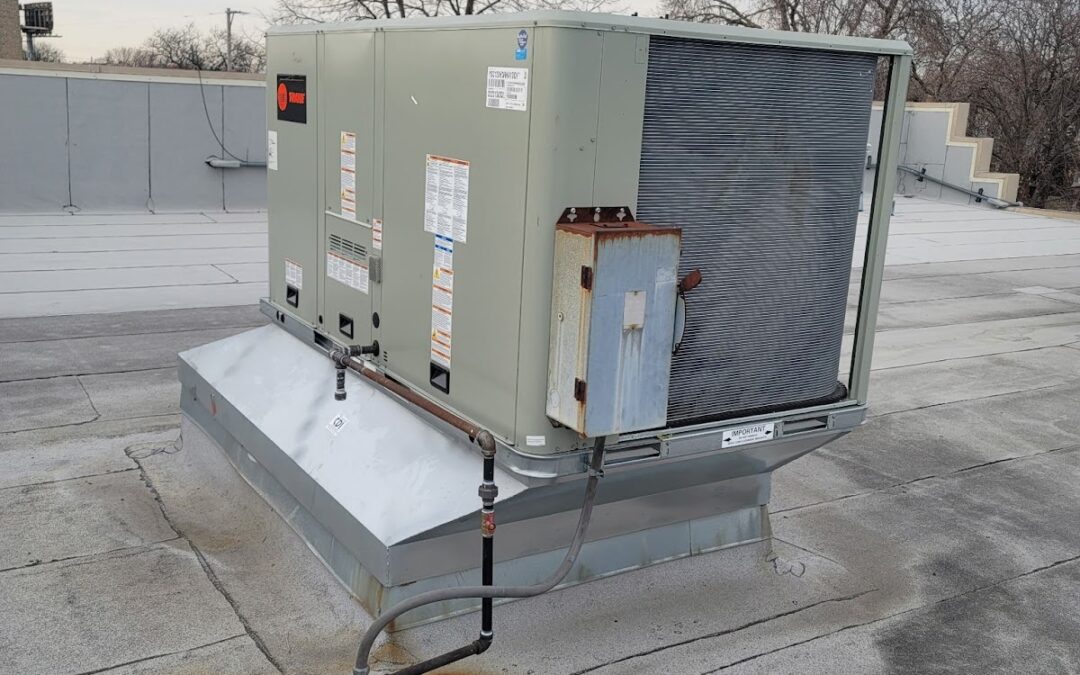Proper commercial HVAC maintenance isn’t just a nice-to-have—it’s essential for keeping your system running efficiently, safely, and cost-effectively. Whether you’re managing a small office or a large facility, routine care minimizes breakdowns, extends equipment lifespan, and protects your bottom line. Let’s break down the key steps every business should take to keep their HVAC system in peak condition.
Maintaining your HVAC system isn’t just about comfort—it’s about performance, cost savings, and protecting your investment. Here’s what proper commercial HVAC maintenance involves:
1. Schedule Regular Professional Inspections
- Frequency: At least twice a year (spring and fall).
- Why: Licensed HVAC technicians can identify issues before they become costly breakdowns.
- Tip: Make inspections part of a preventative maintenance plan.
2. Replace Air Filters Frequently
- Frequency: Every 1–3 months, depending on usage and environment.
- Why: Clogged filters restrict airflow, reduce efficiency, and strain your system.
- Pro Tip: Use high-efficiency filters for better indoor air quality.
3. Clean Coils and Condensers
- Why: Dirty coils force the system to work harder, increasing energy consumption and wear.
- How: Technicians should clean the condenser and evaporator coils during routine maintenance.
4. Check and Calibrate Thermostats
- Why: Faulty thermostats can cause uneven heating/cooling and waste energy.
- Upgrade Tip: Consider programmable or smart thermostats for energy savings.
5. Inspect Ductwork for Leaks
- Why: Leaky ducts reduce airflow and make your system less efficient.
- Fix: Seal any leaks and insulate ducts to prevent energy loss.
6. Monitor Refrigerant Levels
- Why: Low refrigerant can indicate a leak and reduce cooling capacity.
- Action: Have a tech check levels and fix leaks ASAP.
7. Lubricate Moving Parts
- Why: Friction causes parts to wear out faster.
- Tip: Motors, fans, and belts should be lubricated regularly.
8. Keep the Area Around Units Clear
- Why: Outdoor units need proper airflow to function efficiently.
- Do: Remove debris, trim plants, and avoid storing items near the system.
9. Maintain a Maintenance Log
- Why: Helps track service history, identify recurring issues, and plan replacements.
- Bonus: Useful documentation for compliance and warranties.
10. Consider a Maintenance Contract
- Why: Saves time, reduces stress, and ensures professional upkeep.
Benefit: Priority service and potential discounts on repairs.
Don’t wait until your system fails during peak season. A proactive commercial HVAC maintenance plan keeps your building comfortable, your energy bills low, and your business running smoothly. Partner with a licensed HVAC professional to stay ahead of problems—and turn maintenance into long-term savings.
Additional Information:


